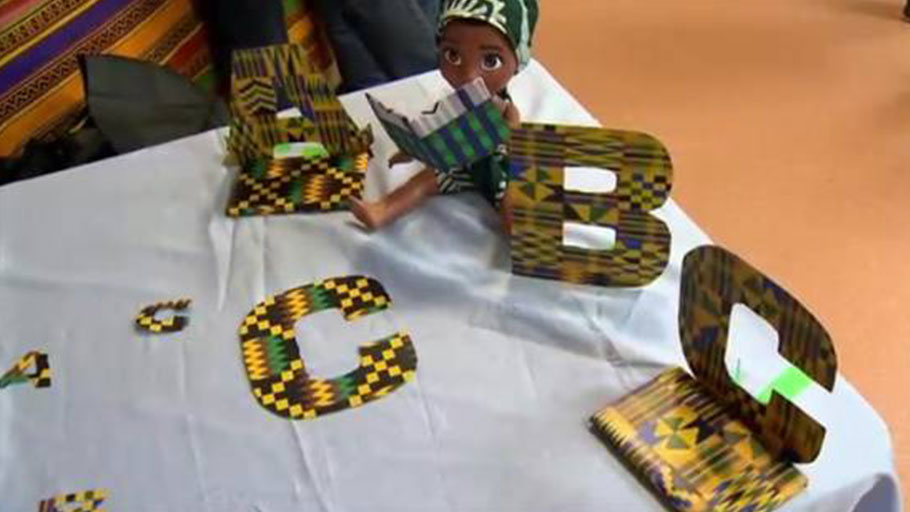
As African Heritage Month winds down, dozens of children created a book on Saturday to help keeping the conversation going. Steve Silva reports — Video below. By Steve Silva — In…

As African Heritage Month winds down, dozens of children created a book on Saturday to help keeping the conversation going. Steve Silva reports — Video below. By Steve Silva — In…
February 21, 2018 — Media Conference: The Centre for Reparation Research at The University of the West Indies confronts claims by British Treasury. Professor Sir Hilary Beckles, Vice-Chancellor, The UWI…
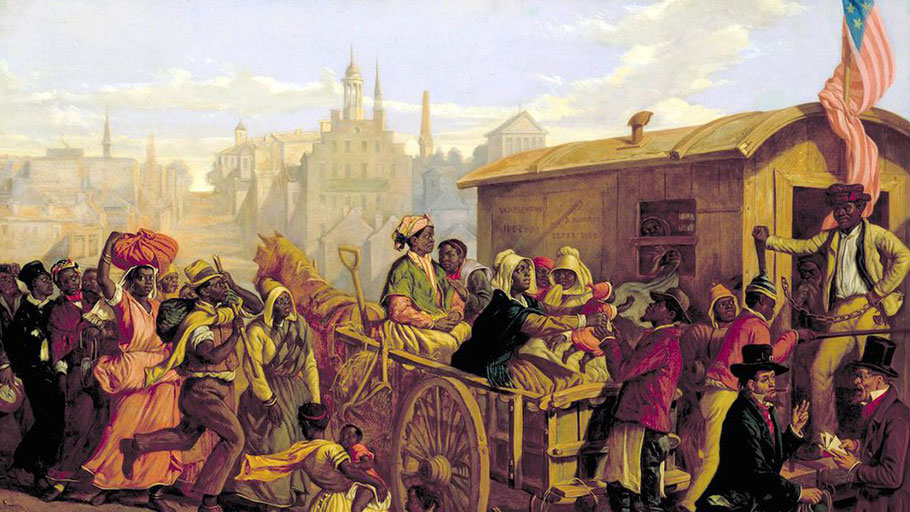
By Thom Hartmann, AlterNet — The real reason the Second Amendment was ratified, and why it says “State” instead of “Country” (the Framers knew the difference – see the 10th Amendment), was to preserve the slave patrol militias in the southern states, which was necessary to get Virginia’s vote. Founders Patrick Henry, George Mason, and James Madison were totally clear on that . . . and we all should be too.
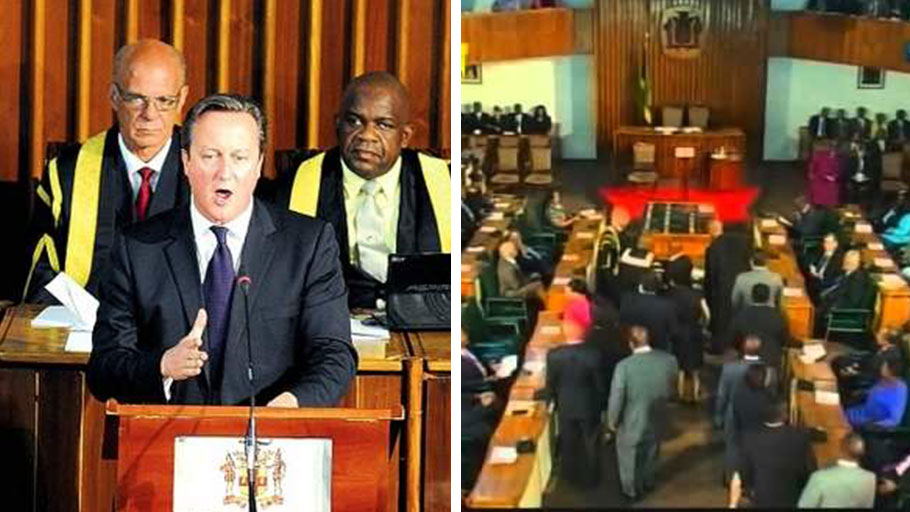
On September 30, 2015 when Prime Minister David Cameron of Great Britain & Northern Ireland addressed the Jamaican Parliament and told the people of the island and region that slavery…
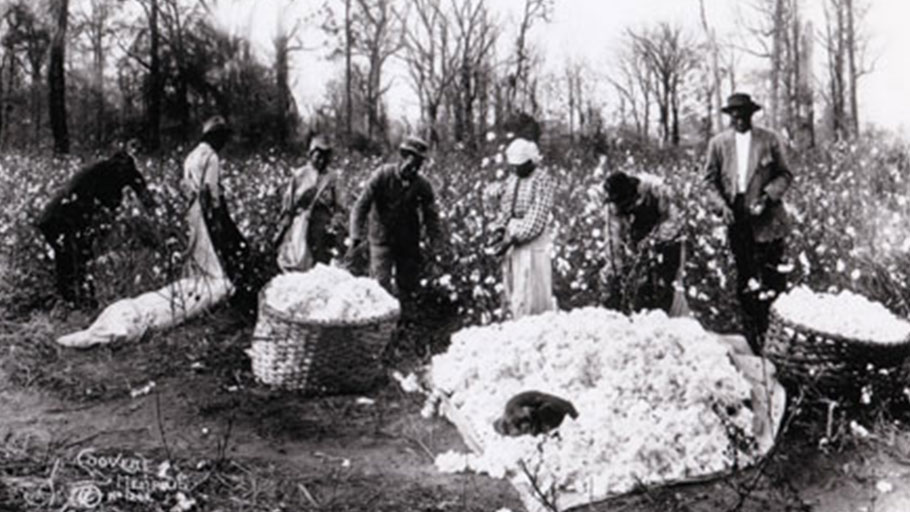
Cotton Harvest with dog lying in pile of cotton. Six pickers face toward the camera. On the far left is the presumed plantation owner holding still for Coovert’s exposure. Photo…
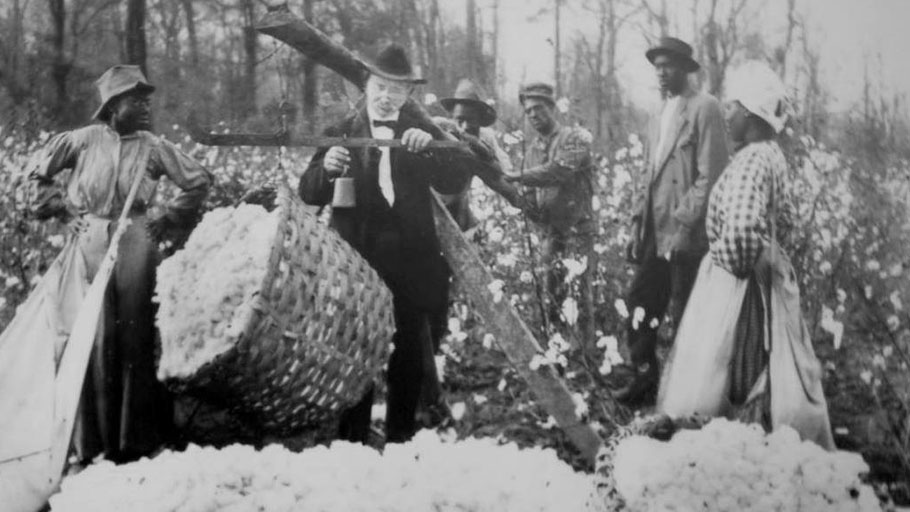
By Walter Johnson — In Memory of Cedric Robinson (1940–2016) It is a commonplace to say that slavery “dehumanized” enslaved people, but to do so is misleading, harmful, and worth resisting. I hasten to add that there are, of course, plenty of right-minded reasons for adopting the notion of “dehumanization.” It is hard to square the idea of millions of people being bought and sold, of systematic sexual violation, natal…
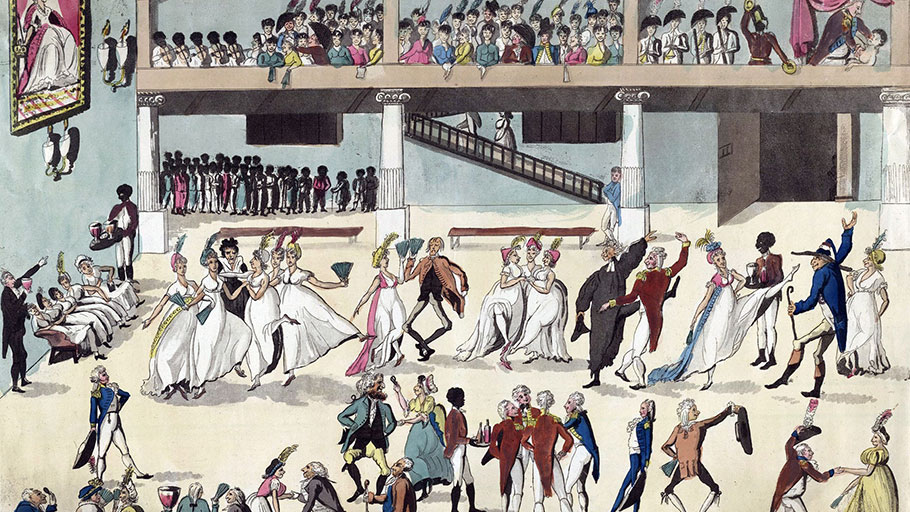
The modern equivalent of £17bn was paid out to compensate slave owners for the loss of their human property. Some people believe we should be proud. By David Olusoga — It is hard to imagine why somebody at the Treasury thought that the subject of slavery was fertile territory from which they might harvest their weekly “surprising #FridayFact”. Just after lunchtime on 9 February the department’s Twitter page presented its third of a million followers with its latest offering. “Millions of you helped end the slave trade through your taxes,” it trumpeted.
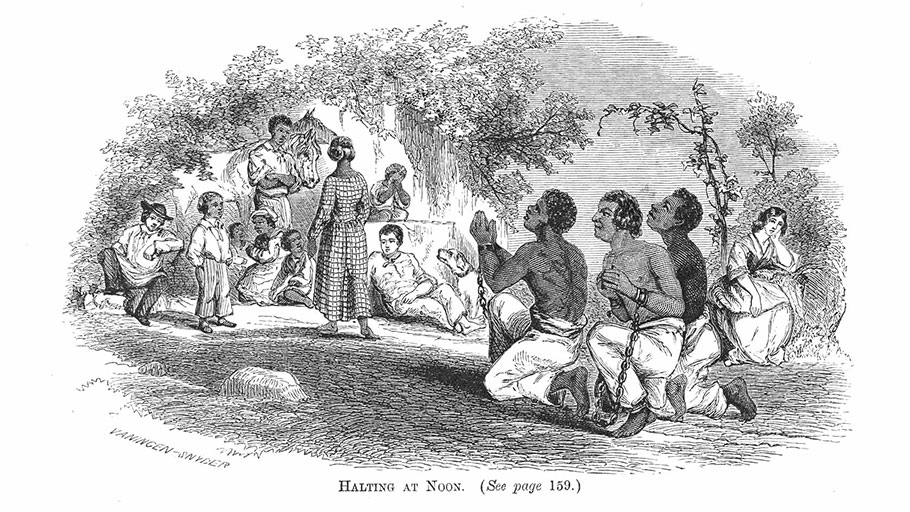
By Alex Carp — According to the surviving records, the first enslaved African in Massachusetts was the property of the schoolmaster of Harvard. Yale funded its first graduate-level courses and its first scholarship with the rents from a small slave plantation it owned in Rhode Island (the estate, in a stroke of historical irony, was named Whitehall). The scholarship’s first recipient went on to found Dartmouth, and a later grantee…
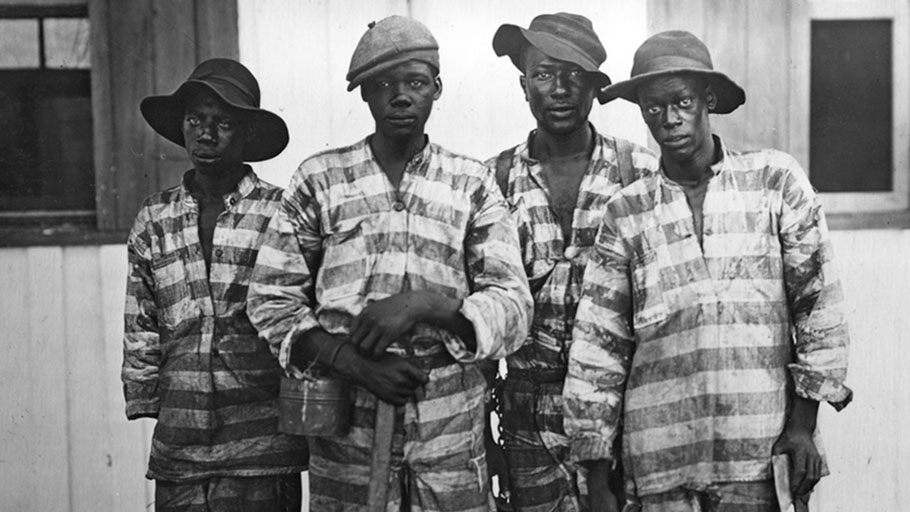
It doesn’t have to be this way. We can choose otherwise. By Kathy Roberts Forde and Bryan Bowman, University of Massachusetts Amherst — The U.S. criminal justice system is riven by racial disparity. The Obama administration pursued a plan to reform it. An entire news organization, The Marshall Project, was launched in late 2014 to cover it. Organizations like Black Lives Matter and The Sentencing Project are dedicated to unmaking a system that unjustly targets people of color. But how did we get this system…
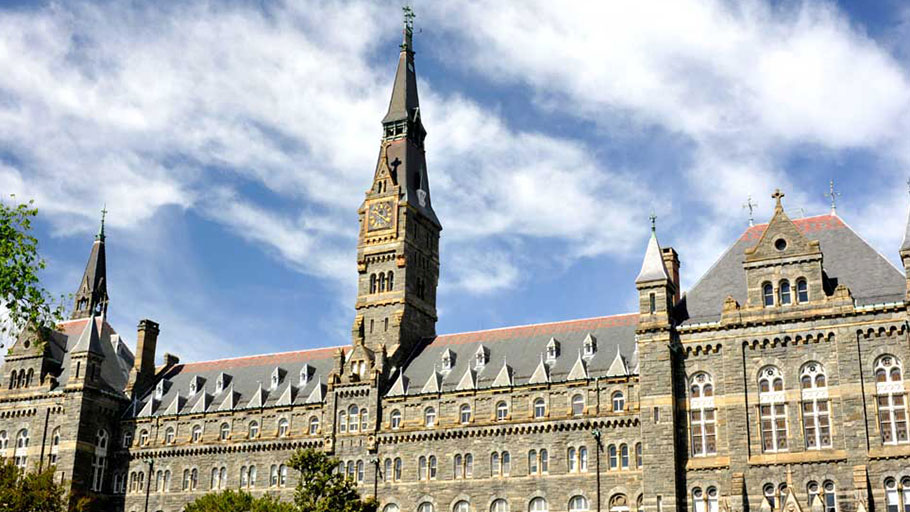
By Grace Laria and Emma Lux — Georgetown University should offer direct reparations to descendants of the 272 slaves sold in 1838 to validate the demands of African-American individuals affected…
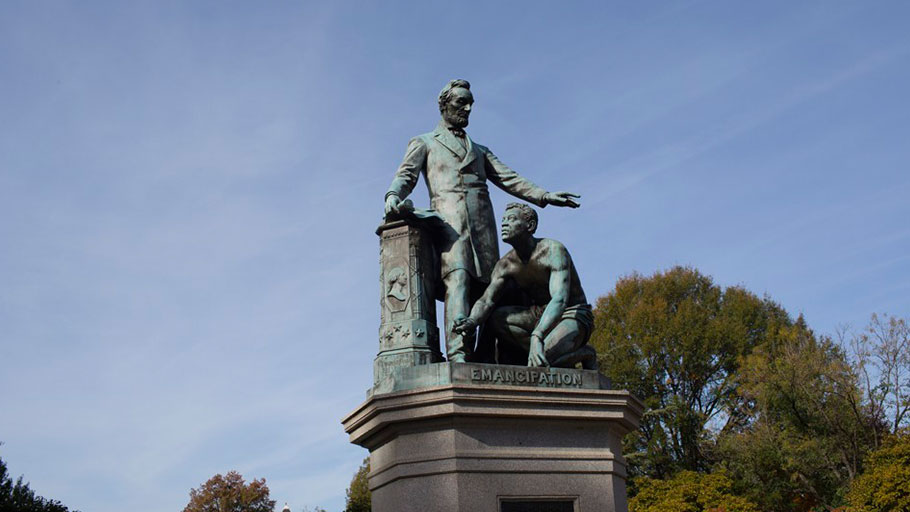
A new report finds that the topic is mistaught and often sentimentalized—and students are alarmingly misinformed as a result. By Melinda D. Anderson — A class of middle-schoolers in Charlotte, North Carolina, was asked to cite “four reasons why Africans made good slaves.” Nine third-grade teachers in suburban Atlanta assigned math word problems about slavery and beatings. A high school in the Los Angeles-area reenacted a slave ship—with students’ lying on the dark…

Benin was a hub of the slave trade. But many people want to forget their families’ role. By Kevin Sieff, Washington Post — OUIDAH, Benin — Less than a mile from what was once West Africa’s biggest slave port, the departure point for more than a million people in chains, stands a statue of Francisco Félix de Souza, a man regarded as the father of this city. There’s a museum…